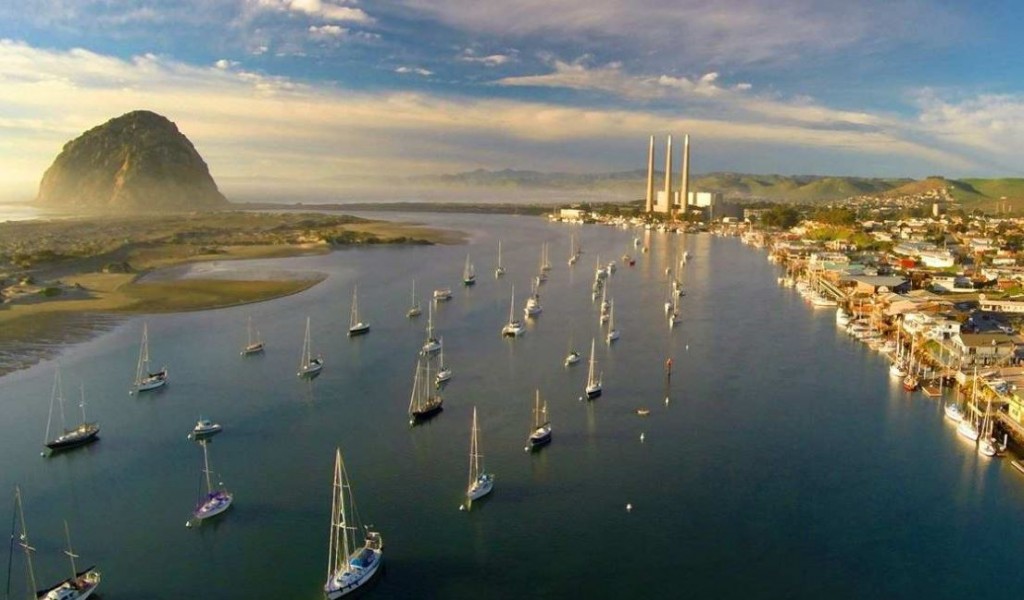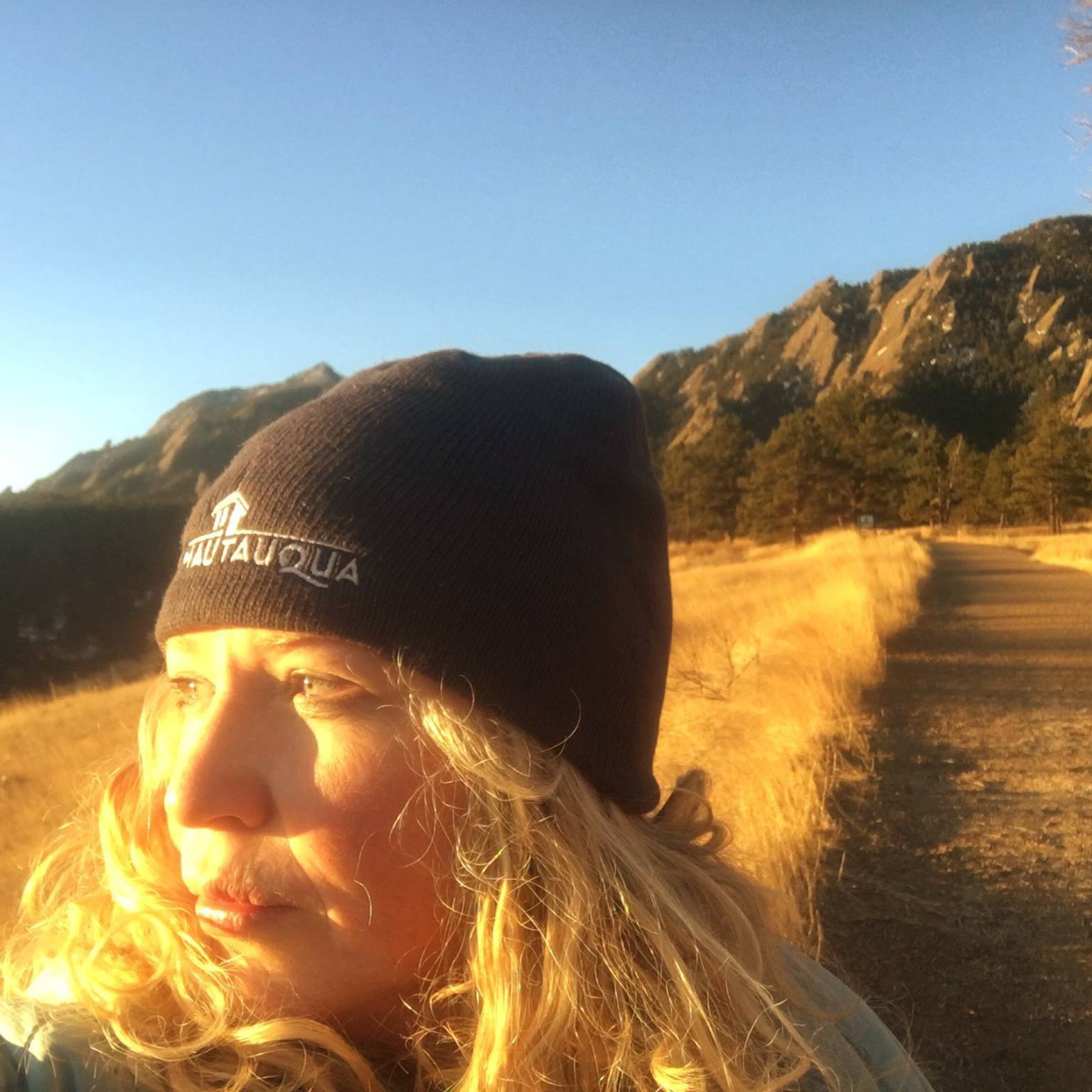I’ve been busy wrapping up an article about our trip to Central California for fall break. It truly was a breath of fresh air after what feels like a year of non-stop stress.
Not-so airy? The long drive to get there.
Las Vegas is my least favorite place on earth but the kids have never been there. It marked the halfway point so we gave into Hadley’s pleas and made a quick detour. As we were cruising along The Strip, we noticed the car was making funny noises. Now, some of you might remember the nightmare-that-was-last-summer, my Honda Pilot’s steady demise and the thousands of dollars in repairs we’re still paying off as it sits in our garage, undriveable. And if our Pilot is sitting on our garage waiting for us to pay off last summer’s bills while we scrape together enough money to get a newer one, that means it was Jamie’s car we were driving that was having problems.
Oh, the joys never end.
Fortunately, it was only the water pump that went out and was relatively easy $600 fix. Three hours later, we were back on the road, which made for a REALLY long, miserable drive that made me wonder “is this really worth it?”
Thankfully, Central California was that and so much more.
=======

Central California: A Wonderland of Untouched Beaches, Castles and Dunes
We leaned into our strokes, our kayaks carving across Morro Bay and onto the flanks of Morro Dunes Natural Preserve. In a flash, Hadley and Bode were gone. It took them a few minutes to resurface and I chuckled as I saw them jumping, rolling and skiing down each peaked dune. Since entering middle school, I’ve mourned that their childhood is slipping away but for this eclipse in time, they were kids again.
My family traveled to San Luis Obispo County along the coastal Highway 1 for fall break. When I told people where we were going, they queried “San Luis Obispo…where?”
Located halfway between San Francisco and Orange County, this untouched region in Central California is known for the dramatic Hearst Castle with the Pacific to the West, 100+ wineries in the San Joaquin Valley to the east and a smattering of quaint coastal villages in between. With the recent announcement of United Airlines’ direct flights from Denver to San Luis Obispo (SLO to locals), it’s more accessible than ever.
San Luis Obispo and the Madonna Inn
From the moment my friend Jennie told me her parents honeymooned at the Madonna Inn, “the quirkiest, pinkest hotel in the world,” my bucket list was formed.  This outlandish landmark hotel in San Luis Obispo looks like the Mad Hatter was set loose in Casa Bonita with 110 themed rooms, a world-famous waterfall urinal and an onslaught of hot pink everything–carpets, marble, lamps and leather booths and their fluffy Pink Champagne Cake made with Guittard pink chocolate. Not everything here is sensory overload; located on 1,000 acres of coastal hills, you’ll find a serene horse pasture, the Secret Garden bursting with flowers and a European-style pool with a 45-foot waterfall.
This outlandish landmark hotel in San Luis Obispo looks like the Mad Hatter was set loose in Casa Bonita with 110 themed rooms, a world-famous waterfall urinal and an onslaught of hot pink everything–carpets, marble, lamps and leather booths and their fluffy Pink Champagne Cake made with Guittard pink chocolate. Not everything here is sensory overload; located on 1,000 acres of coastal hills, you’ll find a serene horse pasture, the Secret Garden bursting with flowers and a European-style pool with a 45-foot waterfall.
Our mantra was Go Big or Go Home so we blew half our travel budget to stay in the rooftop Sky Room, a two-story muted-blue family suite with textured white clouds and a carved staircase to the second level that looked down on flamboyant chandeliers. The real show-stopper was the bidet in the bathroom; potty breaks have never been so…refreshing! This 50-year-old kitschy inn shows signs of its age but guaranteed, it’s one stay you’ll never forget.
Not far away, you’ll discover a gem among the historic Spanish California missions. Named after Saint Louis of Anjou, the bishop of Toulouse, the Mission San Luis Obispo is a must-see for history buffs. We stopped by the famed Bubblegum Alley in the heart of downtown San Luis Obispo for bubblegum graffiti that is every germaphobe’s worst nightmare and left our own sticky mark on this collective work of art. The city is home to Cal Poly and downtown SLO’s tree-lined streets, unique cafes and the Thursday night Farmer’s Market cater to that cool college-town vibe.
Day 1: Charming Cambria and a Castle on a Hill
I like my oceans like my mountains: wild, untouched and au naturel. San Luis Obispo’s quirky coastal villages and large stretches of the Pacific Ocean devoid of development are in stark contrast to the glitz and glam of California’s big cities. A local proudly told us, “This area is what Santa Barbara was 30 years ago and we want to keep it that way.” Even the tourists are different here and mostly consist of Californians or visitors passing through while driving the Pacific Coast Highway.
We only had an afternoon tour of the Hearst Castle scheduled so our plan was no plan of all. We drove north on California State Route 1 and soon stumbled upon Cambria, a seaside village nestled in the pines that was brimming with a brigade of 400 whimsical scarecrows for the Cambria Scarecrow Festival. And these weren’t just my genre of straw-and-farmer’s-clothing scarecrows. These were masterful works of art–Rip Van Winkle and cyclists with motorized wheels–a testament to this Victorian community that is teeming with artisans, unique shops, eateries and bed and breakfasts.
All the beaches in the 20-mile segment north of Cambria are part of Hearst San Simeon State Park with thirteen different beaches from Santa Rosa Creek on Moonstone Drive in Cambria to the southern Big Sur Coast. Many of them are hidden gems including Moonstone Beach’s brown sandy coves where you’ll find tide pools and semi-precious jasper stones of all colors. We followed the ridgeline, winding down to the beach where the wild spray elicited sheer glee. For land-locked kids, it doesn’t get much better than this.
 Hearst Castle is a National Historic Landmark perched above the clouds atop The Enchanted Hill. Built by publishing magnet William Randolph Hearst, this 165-room castle is a must-visit destination with various guided tours available. Our jaws were agape as we marveled at the opulence of his personal art collection and stunning architecture. The Refectory was reminiscent of the Great Hall of Hogwarts and its very own home theater broadcast (you guessed it) Heart’s news specials. As we strolled the 127 acres of terraced gardens and fountains with wraparound views of the sunny Central Coast it was no surprise this is one of California’s most visited state parks.
Hearst Castle is a National Historic Landmark perched above the clouds atop The Enchanted Hill. Built by publishing magnet William Randolph Hearst, this 165-room castle is a must-visit destination with various guided tours available. Our jaws were agape as we marveled at the opulence of his personal art collection and stunning architecture. The Refectory was reminiscent of the Great Hall of Hogwarts and its very own home theater broadcast (you guessed it) Heart’s news specials. As we strolled the 127 acres of terraced gardens and fountains with wraparound views of the sunny Central Coast it was no surprise this is one of California’s most visited state parks.
 A mere four miles north of Hearst Caste on Highway 1, the Elephant Seal Rookery is home to about 15,000 Northern Elephant Seals that migrate thousands of miles twice each year where they breed, birth, molt and rest between trips. We chuckled at the laziness and middle-school drama between the seals but after learning about the perilous conditions they endure for 8-10 months in the ocean, they’ve earned it. Teenagers? Another story.
A mere four miles north of Hearst Caste on Highway 1, the Elephant Seal Rookery is home to about 15,000 Northern Elephant Seals that migrate thousands of miles twice each year where they breed, birth, molt and rest between trips. We chuckled at the laziness and middle-school drama between the seals but after learning about the perilous conditions they endure for 8-10 months in the ocean, they’ve earned it. Teenagers? Another story.
We drove south and checked in to the newly redesigned and renovated 456 Embarcadero Inn & Suites, home for the next two nights. After the ostentatious Madonna Inn, this 33-room boutique hotel was a refreshing juxtaposition and we were delighted to learn its ties to Colorado–the owner spent a number of years in Durango. Our spacious two-bedroom family suite overlooked Morro Bay and the town’s quaint shops and eateries were all within walking distance. We fell asleep that night to the lull of the waves and the harbor seals barking at the yellow, gibbous moon.

( 456 Embarcadero Inn & Suites’ Ideal Location)
Day 2: Morro Bay’s Magic
Morro Bay is best known for Morro Rock, an ancient volcanic mound that stands sentry over Morro Bay State Park, home to lagoons, trails and a bird-rich saltwater marsh. The next morning, we met John Flaherty of Central Coast Outdoors for our half-day guided kayaking tour. Locally renowned for his kayaking, biking and hiking tours of San Luis Obispo, Big Sur and the Central Coast, we were in good hands.
After a thorough skills debriefing, we navigated around sea otters to a heron preserve with crows wheeling overhead. John pointed out the crustaceans’ indentations in the mud flats. “Morro Bay is one of the few estuaries left in California,” he divulged. “Thanks to the many state parks along Central California’s coastline, these areas have been preserved. That’s what makes it truly special here.”
Understatement. CLICK TO KEEP READING
Other Posts
Pages: 1 2
 I'm a Canadian-born mom of two, former Denver Post columnist, family travel writer, editor of MileHighMamas.com and 9News contributor. Expert on all things Utah, Denver, family and travel. Lover of laughter and life. Happily married to a man obsessed with growing The Great Pumpkin.
I'm a Canadian-born mom of two, former Denver Post columnist, family travel writer, editor of MileHighMamas.com and 9News contributor. Expert on all things Utah, Denver, family and travel. Lover of laughter and life. Happily married to a man obsessed with growing The Great Pumpkin.